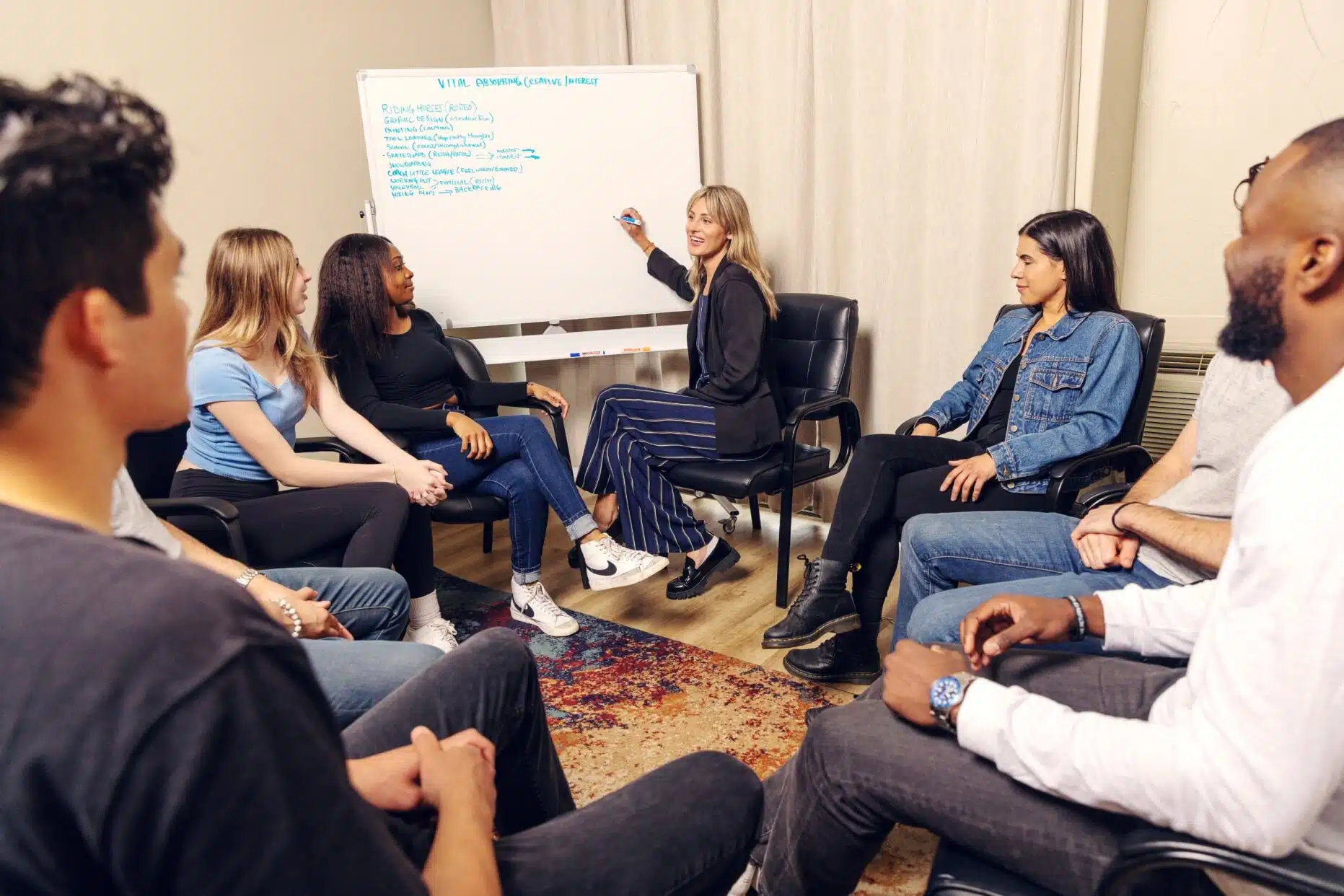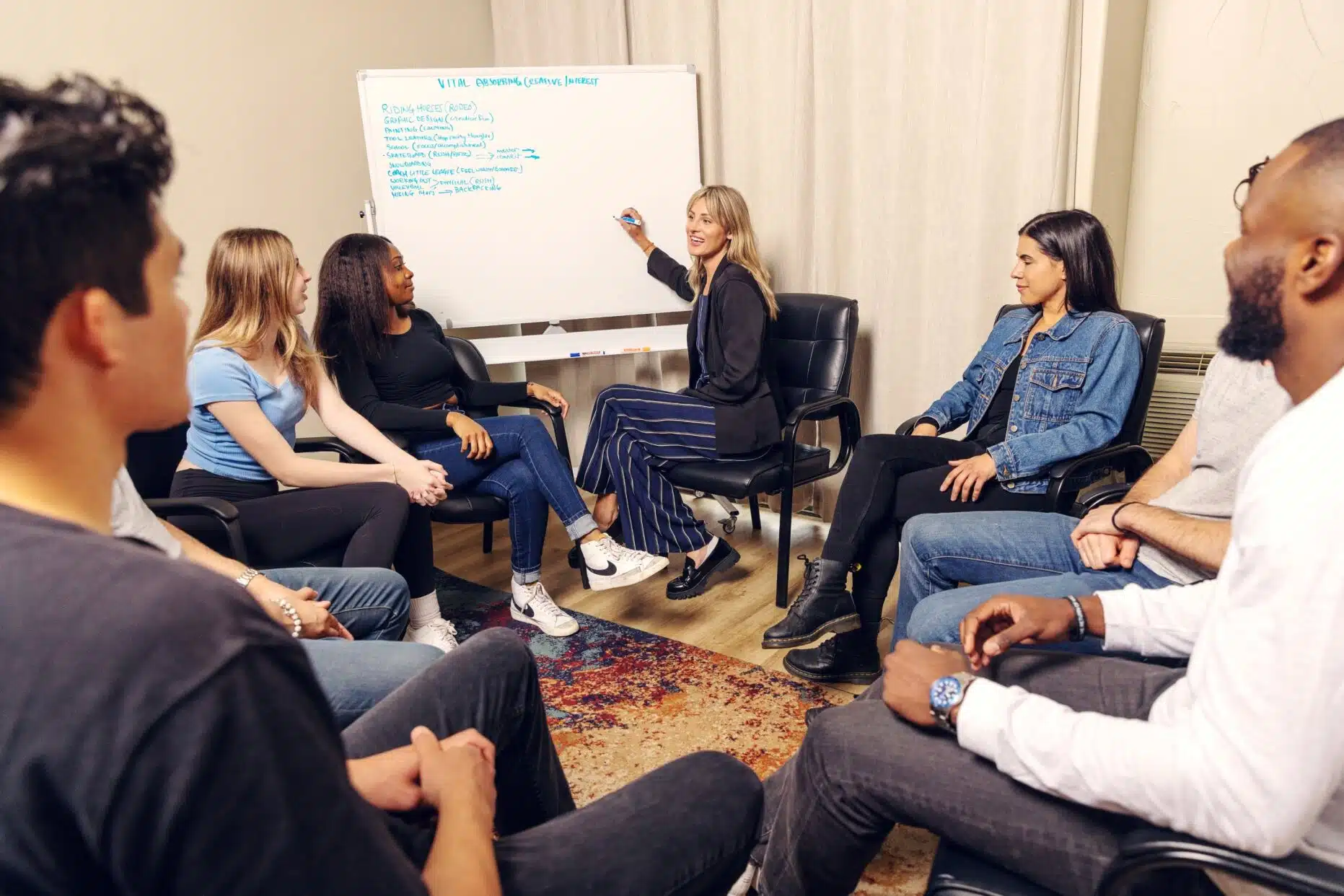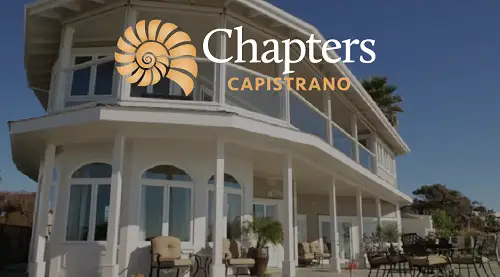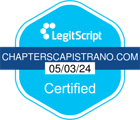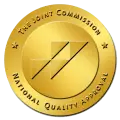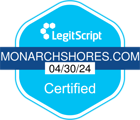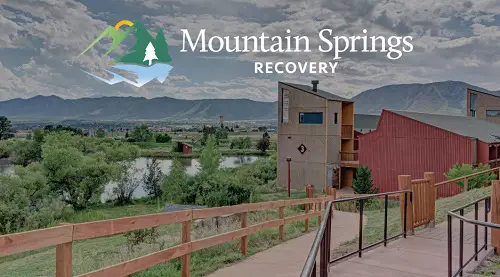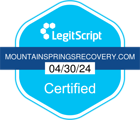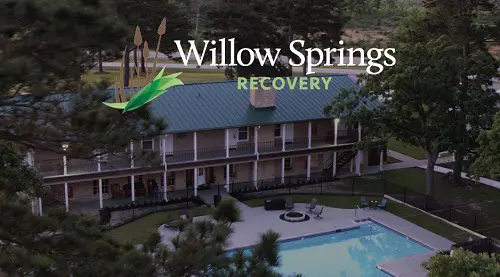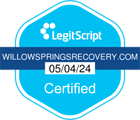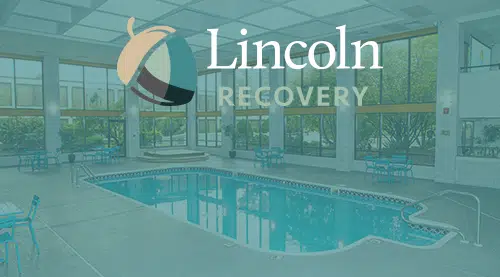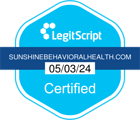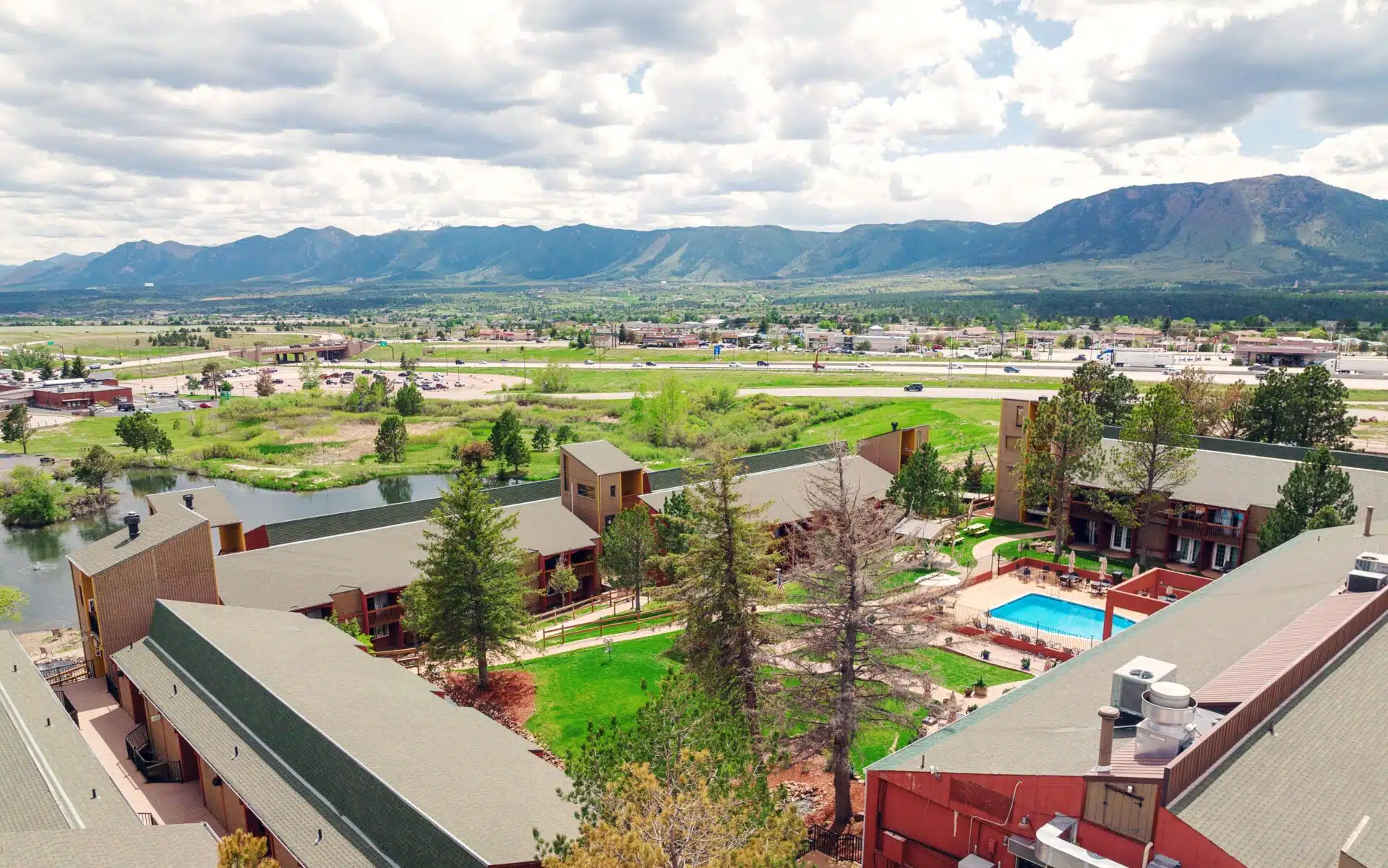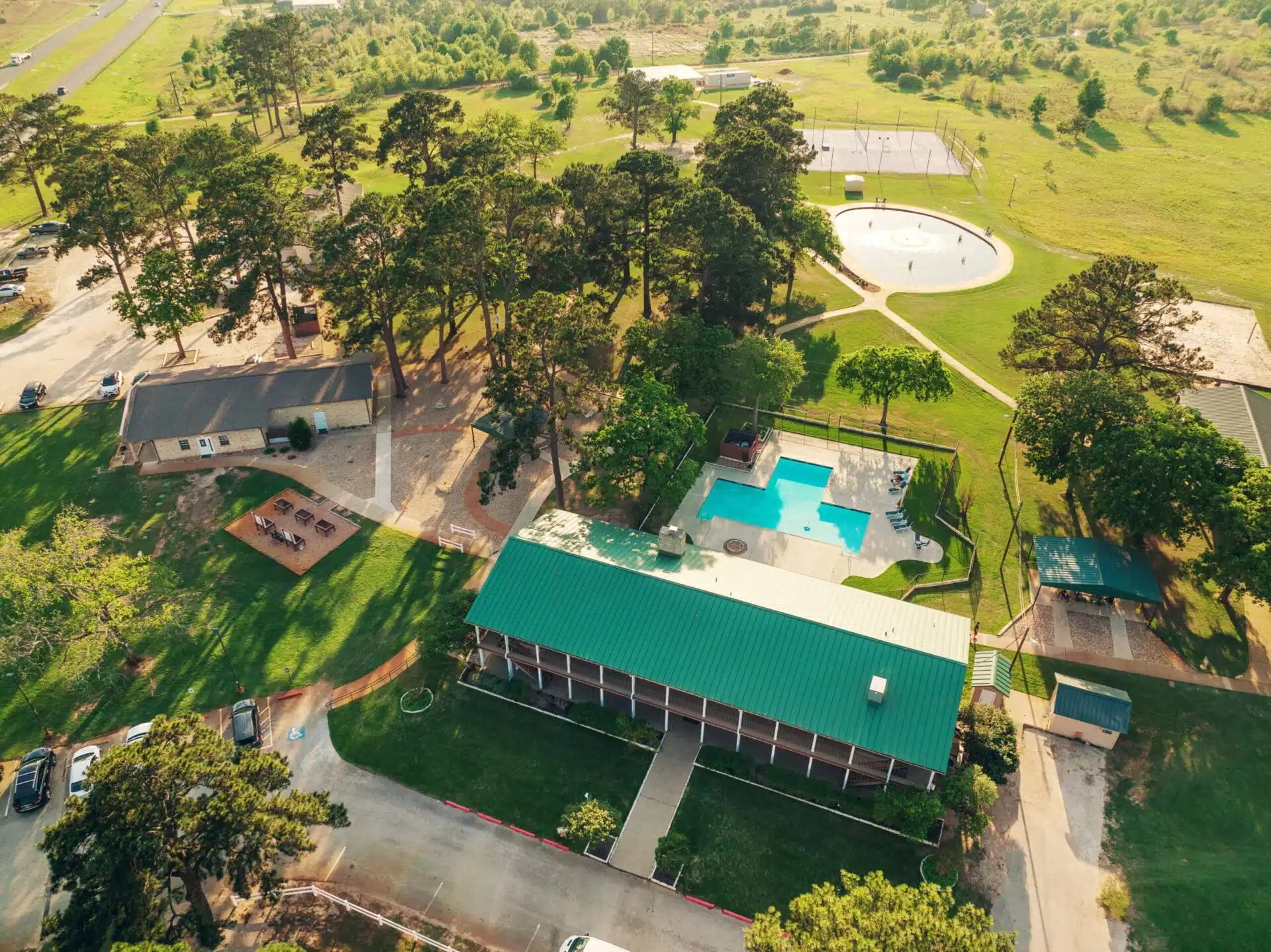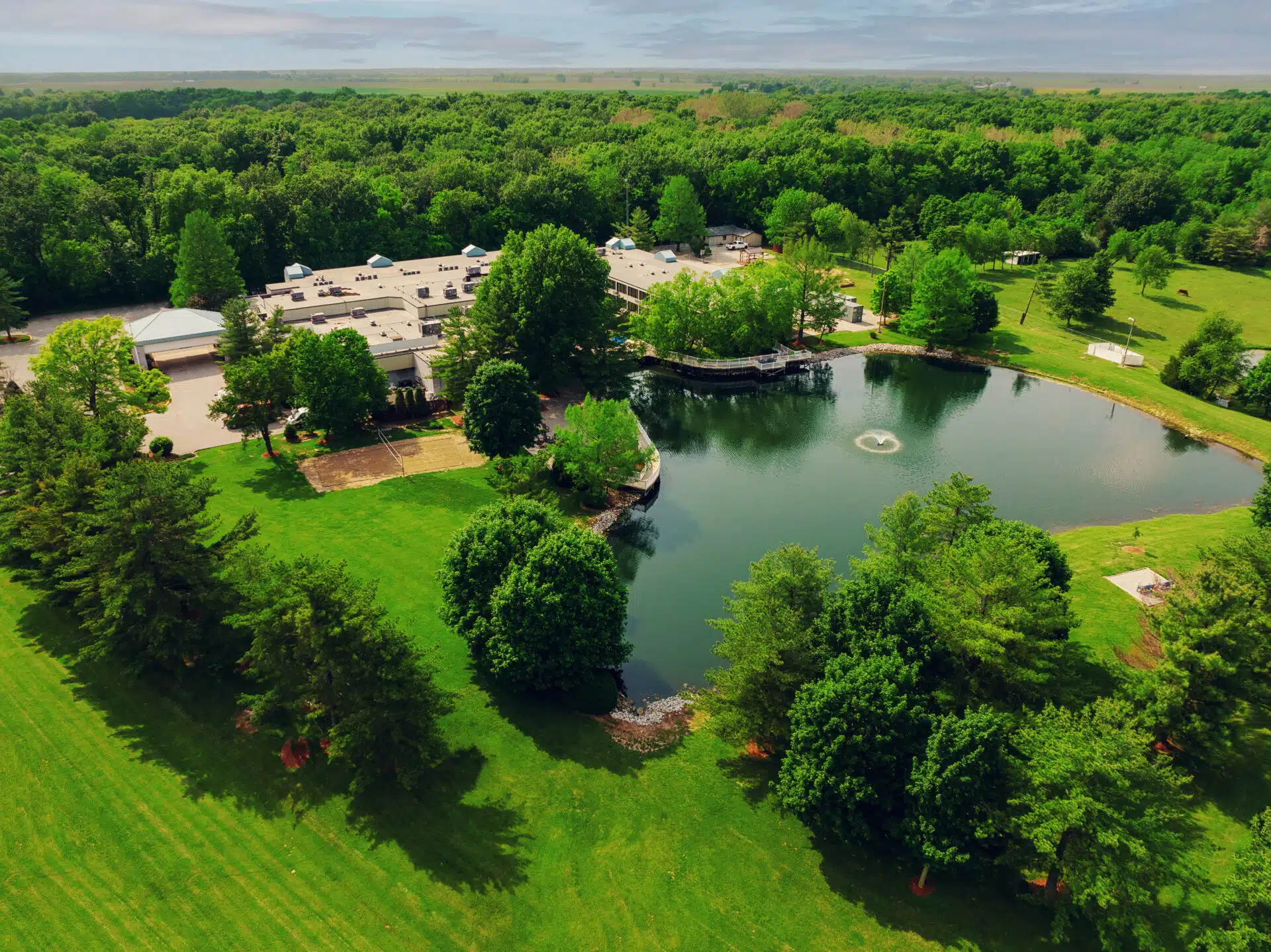Choosing to get addiction treatment is a significant decision, a bold step forward into an uncertain future.
It can be a life-changing one, however, and knowing what you can expect on the road ahead can make it easier.
How does it begin? Usually, it starts with a phone call, and it’s an important one since it’s vital to getting the treatment you need or want.
If you haven’t submitted any insurance information, that’s what the first call will be about. Friends, family, or sometimes even the person struggling with a substance use or alcohol use disorder will reach out to the addiction rehab center so they’ll have a good idea of what they can expect.
If you’ve already provided your insurance information and it’s been verified, then one of our addiction treatment experts will contact you. We’ll have a few more questions for you, and we’ll be happy to answer any you may have about our centers and our treatments.
If you haven’t supplied your insurance information, then that first call usually is to verify coverage. We’ll also explain the process a bit more and answer any questions you have, whether you’re calling for yourself or a loved one.
What’s the First Phone Call Like?

- Who are you? (The person with the substance use disorder? A friend? A concerned family member?)
- What are you struggling with? (Or what is your loved one dealing with?) What kind of substances are you taking? How long have you been taking them? How frequently? (If you’re calling about a loved one or a friend, it’s important that you share as much as you can about their situation. Also, if you’re calling on behalf of someone, our staff will also be contacting them to further details.)
- Do you (or your friend or loved one) have any mental health issues?
- Are you taking any medications (especially for any particular mental health issues)?
- Have you (or your loved one) ever been treated for addiction before?
Our customer service representatives will also collect some information from you, including about your insurance coverage. Once we verify that, we can begin searching for programs that meet your (or your loved one’s) financial needs and specific treatment requirements.
We also invite you to ask questions. Addiction treatment is a big step, and we want you to feel ready for it.
Once we have the information we need, it’ll be time for you to work with an admissions counselor.
Talking to a Substance Use Disorder Admissions Coordinator
When you first call us, we’ll gather your insurance information and other necessary details to determine if inpatient rehab would be a good fit for you or your loved one. (If you prefer, you can also submit the particulars online, but it’s not necessary.)
Once we have the information we need, we’ll put you on hold for a moment as we transfer you to one of our admissions coordinators.
The admissions coordinator will go over what you just gave to our customer service representative. We do this to make sure everything is accurate. That’s one of the best ways we can start to help you.
After our admissions coordinator confirms that the information is right, we’ll have a few more questions for you, including:
- What kind of treatment are you seeking?
- How long do you want to stay in rehab?
- If you’re relapsing, what led to your relapse?
This information helps us better understand your situation and learn what you need.
If you are calling for a loved one, we’ll have a lot of questions, including about their family life, what they’re using, and how often they use. If they’ve relapsed, we’d like to know what led to that — if possible.
It’s a lot of questions, but our goal is to get as many details as we can. The better we understand your situation, the better equipped we’ll be to create a treatment plan to suit your needs.
If you are calling on behalf of a loved one or friend, and they are ready to enter into treatment, at this point, you’ll hand the phone to them. We’ll then work with them to prepare them for rehab.
If you are calling about a loved one who is refusing to get treatment, you may need to stage an intervention to persuade them to get help.
What If My Loved One Does Not Want to Go to Rehab?
It happens. Sometimes everyone knows your loved one needs help, but he or she (or they) are resisting it. In that case, it might be time for an intervention.
If you’ve never staged an intervention, it might seem like a massive undertaking. Some of the advice for arranging an intervention — like ensuring your loved one isn’t intoxicated or high — may make it seem impossible to pull off. After all, if your loved one always seems to be under the influence of drugs or alcohol, how on earth can you get them to show up at their own intervention when they’re sober?
Our staff knows how hard it can be to try and get help for your loved one. We also know it’s not exactly a piece of cake to stage an intervention, especially when they’re deep in the throes of their addiction. Because we work with clients who struggle with substance use disorder and mental health disorders, we can offer a lot of advice, including on how to communicate with your loved one and get them the care they need. We also have put together an Intervention Guide that’ll take you through the steps.
What Happens After My Loved One Agrees to Treatment?
Once your loved one begins talking with our admissions counselor, the pre-admissions process begins. Here, your loved one will be clinically and medically screened to ensure they’re eligible for one of our treatment programs. This usually gets done on the same day, and the process takes about 30 minutes.
Once the assessment is done, our admissions coordinator will review the results and contact your loved one (or you) about a treatment plan. From there, he or she will help you make arrangements to check you into one of our addiction rehab centers.
Then, when you arrive at the center, you’ll begin the intake process.
Sunshine Behavioral Health Centers
Medical disclaimer:
Sunshine Behavioral Health strives to help people who are facing substance abuse, addiction, mental health disorders, or a combination of these conditions. It does this by providing compassionate care and evidence-based content that addresses health, treatment, and recovery.
Licensed medical professionals review material we publish on our site. The material is not a substitute for qualified medical diagnoses, treatment, or advice. It should not be used to replace the suggestions of your personal physician or other health care professionals.
